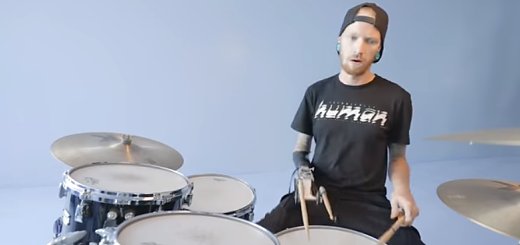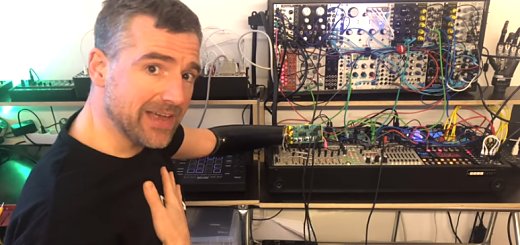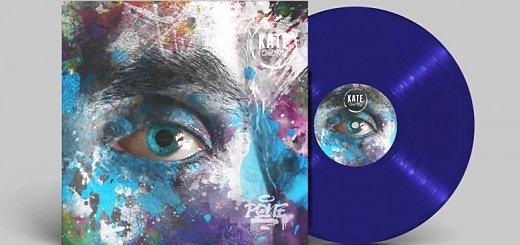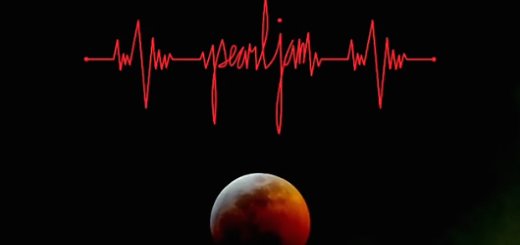A lovely story: How a cheap computer sparked a musical renaissance in Argentina

Between 2011 and 2015 in Argentina more than four million students received a computer, a netbook - measuring in at 10 inches, with a 1.66 Ghz processor, a 300K pixel camera, one to two-GB of RAM, the netbook didn’t pack much of a technological punch. But, for most kids, it meant they didn’t have to ask for permission to use a computer for the first time. And - these were exactly the years that saw the rise of a budding generation of rappers, trappers, and freestyles. The Rest of the World tells the encouraging story.










